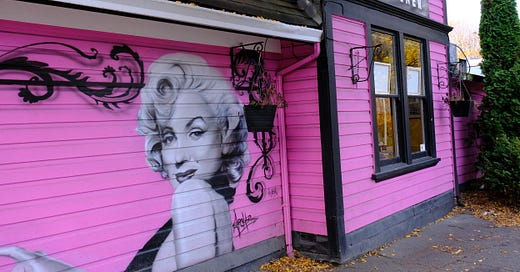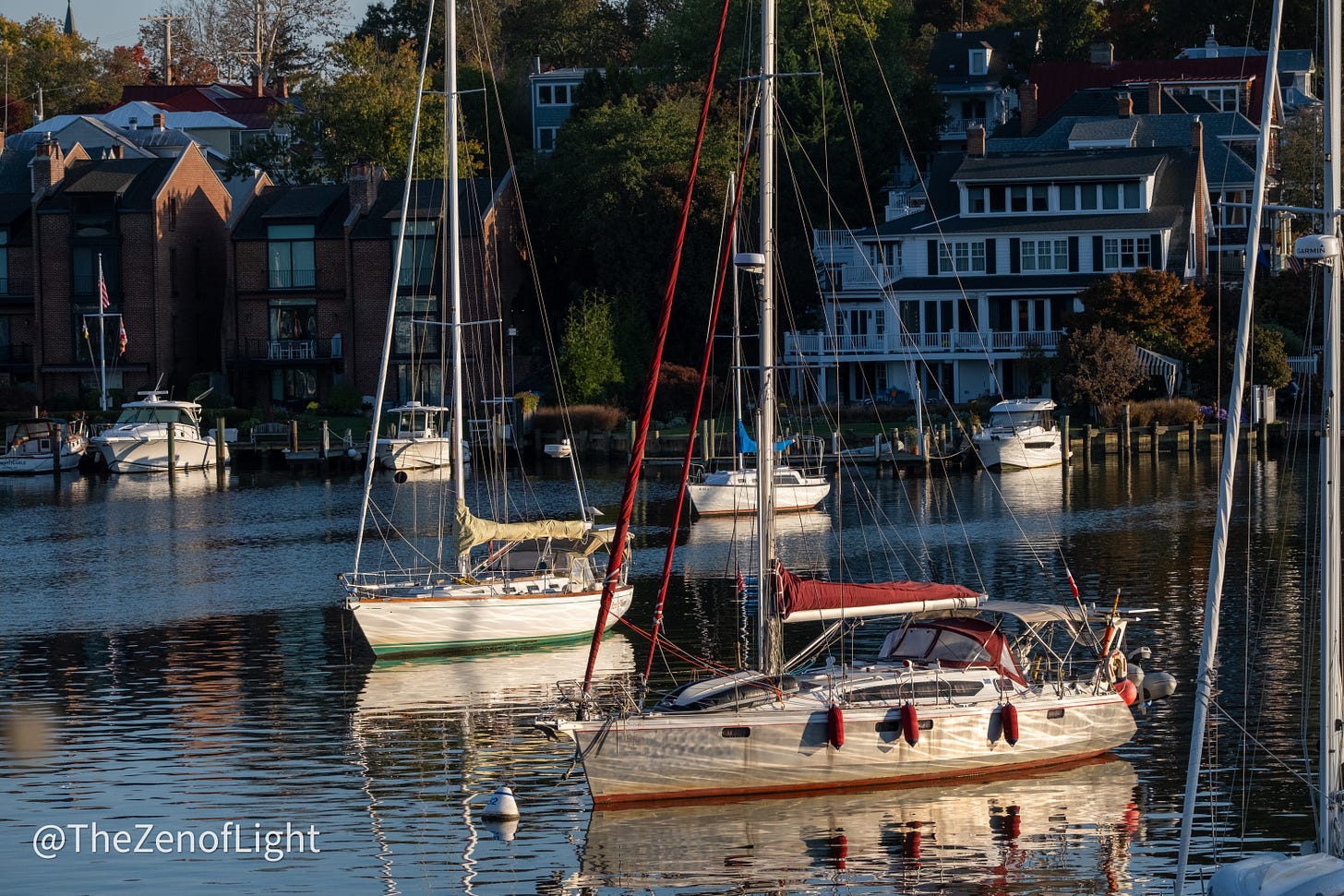My son recently moved to Vancouver for a two year post-doc. I still am not entirely sure he realises how phenomenal this opportunity because he is absorbed in getting his dissertation chapters to appropriate journals. Last week he mentioned The Proceedings of Royal Society of Biology will publish chapter one. I asked if that Royal thingy meant a London publication (proud mom moment). He sighed as if I knew nothing (entirely true with regard to his field), then patiently explained yes, mom. I thought that was pretty cool but you get the drift of where his focus is these days (If you have never put yourself through the purgatory of the absolute cutthroat environment of academic publishing and job pursuits, thank your lucky stars you did not).
That part of his day not spent on submitting and thinking about lofty ideas is spent on negotiating the ins and outs of Canada. I am not sure he gave much thought to the differences he would encounter. None of them appear cosmic but It’s been interesting just over the first few weeks. This discovery he is undertaking is happily reminding me of how much I love love love most of what I know about Canada but rue how generally uninformed we are about our closest neighbours to the north.
I was lucky that in my Master’s program my closest friend was a Canadian woman from Ontario while the woman who sent me a welcomed letter (and become a dear friend, still decades later) to the doctoral program at Notre Dame was a Quebecker. I visited both on the same trip in 1982 and have made several other brief trips to eastern and western locations for various academic meetings since. I always jump at the chance to go, even though I remain fascinated they eat peanut butter at breakfast burt we never seem to have figured out that one.
I am, thus, absolutely certain our friends to the north are not us and we are not them.
Some of my favourite students over thirty years were Canadians. One of them deeply honoured me just yesterday with an invitation to the annual Remembrance Day in November at the Embassy in Washington. I immediately accepted, knowing how seriously Canadians, Australians, New Zealanders, and British take reflecting on the horrors of World War I eviscerating an entire generation. I will wear the poppies I assume will be available and my husband will proudly wear his medals as we honour our Canadian friends who Yanks have served with for a century across the world.
Canada is a country of incalculable beauty, ranging from the spectacular Maritimes (which I hope to visit one of these days soon as I have seen such spectacular photographs) through the open, fertile plains of Saskatchewan, Manitoba and Alberta to British Columbia’s haunting beauty. Canada is the United States on steroids in terms of size with far fewer people: what an intriguing, welcoming place.
I already know that Montreal, Quebec City, Toronto, and Vancouver are beautiful and vibrant while I think Victoria’s small town aura really is a great deal like cities must have been a hundred years back. People speak with one another as neighbours and respect the cultures from which they came. I saw a terrific exhibit on Ukrainian contributions to Canada when there last November. Victoria is as welcoming as any place in this country (especially if one includes a breakfast at Floyd’s Diner. Who can pass up a pink place like this?)
Canada has addressed many internal questions Yanks continue either to avoid or exacerbate. Canadians welcome immigrants from the four corners of the world yet also recognise those indigenous people who long preceded immigrants, the First Nations. It hasn’t always been easy as recent investigations showed heinous treatment of many indigenous children in the late 19th and early 20th centuries. But the government seems somewhat more responsive than many periods in our own history when we tried to sweep controversy and responsibility under the carpet. The immigrants retain links, often, to their nations of origin which can create sticky situations such as occurs regularly with China or has been a source of tension with India over the past month. But, the immigrants across Canada are vital to supplementing the Indigenous, French, and British immigrants of three centuries back.
Canada has also met its Franco-phone/Anglo-phone division squarely, if not always satisfying everyone. French Canadians still reside overwhelming in the former New France, the province of Quebec. That huge area contains the chic, urban mecca of Montreal, the historically important Quebec City, along with the vast, wild open spaces to the north, and small French-speaking agricultural communities along the U.S. border. The English-speaking bulk of Canadian citizens accept, if not embrace, the vital role a bilingual national system provides in maintaining a relatively harmonious system. As we proved over a hundred and fifty years ago (and seem bent on doing again) schisms are not only painful but expansive so keeping the nation’s eye on the prize has its value for a better future. Whether Canadians will always navigate these tensions is unknown but at present it remains a functioning, multiparty political system within the Dominion (and in what are probably fading years in the British Commonwealth).
But the distinctions between us are profound. Most Americans simply cannot abide the idea of Canada having a state-run health care. Americans fear the state’s role would lead to excluding them from desired health options while Canadians seem comfortable with a common standard of basic health opportunities (I personally think Americans are naive about our health system but that is another subject). Consider how much we spend on health care with declining overall results, as I discussed Sunday, one has to wonder why this remains such a triggering topics for Yanks but it does.
Canadians appear more tolerant of government’s role in their lives as well. While the provinces do have their own legislatures, the federal government in Ottawa is the unchallenged leader for the nation as it appears. Politics of the west and the Maritimes are more conservative than in the two most populous provinces of Quebec and Ontario; this is similar to our own configuration of Democrats in cities dominating the states where they reside along with conservatives driving politics in smaller, more isolated areas. Yet, Canada avoids the depth of the schisms tearing us apart. Perhaps the ideological history of fusing French and British experiences together into Canada before so many others arrived was key. Our own national narrative, built on a truly bizarre federalist system of states’ rights and a federal government, is intended to slow everything down—and slowing it down it is.
Canada also approaches national security somewhat differently than we do. Never seeking military power strong enough to alarm their southern neighbours, the Canadian approach is often one of negotiation, reconsideration, and peacekeeping. Canada’s unified military is quite different from out own with a single military retaining an air, a naval, and a ground component, but without trying to appease the sense of institutional individuality so pervasive here. I imagine most of the Canadians I mentored over the years still shake their heads that we struggle with ‘jointness’ within our Force some thirty-seven years after the Goldwater-Nichols Military Reform Act launched us on that path.
Canada is usually our single most important trading partner. The ties forged between first the Irish mafia of Brian Mulroney and Ronald Reagan, followed by the formal negotiation of NAFTA under George Bush 41 and its passage and implementation by Bill Clinton remain central to our relationship. Since most Americans know absolutely no history, they would be surprised to find that in the world before World War I, free trade with neighbouring states was not the norm at all. The United States and Canada have had stable relations based on a fairly open border for more than two hundred years and economic intertwining for thirty. Neither of those ought be taken for granted but they are.
Canadians do play a lot of lacrosse, they capitalise on the frigid weather to excel at ice hockey, and they play a weird form of indoor football. The Toronto Blue Jays are not in the World Series but the Montreal Expos shifted their citizenship to the U.S. capital in 2005, to the joy of thousands of Washingtonians. Sports both unify and divide us in friendly competition.
My son is still figuring out some of this. He and his sister wandered into a restaurant weekend before last where they ordered what they thought was a vegetarian meal; they misunderstood the terms on the menu but I guess it was a pleasant discovery nonetheless. The point is that we share so much with Canada yet we are each blessed (or cursed) by long-held differences and misunderstandings in some of the most fundamental aspects of our citizens’ lives: the role of government in those lives.
At present it appears we can continue co-existing in a far more peaceful and cooperative manner than so many bordering states around the world. It behooves us to continue that as we could not have the prosperity we have if we had to worry about what goes on in Ottawa as Islamabad fears the thinking in Delhi. U.S. security would be so different if they were Israel worrying about neighbours rather than us confident about our clear allies.
As I have said before, nothing in the world is permanent. We need nurture our friendships rather than taking them for granted. Besides, they make a great lager which we could share. This respectful, peaceful border is pretty great, eh?
Thank you for considering Actions Create Consequences. What are your thoughts on our cooperative and diverging relations with our neighbours up north? Is this something we are taking for granted or are we really completely sympaticos so there is nothing we can’t get through? Let me know.
Also, I wonder if readers would enjoy scheduling a weekly chat period to discuss Actions create Consequences topics? I have been considering it for a while but the timing seems so on point right now. Please think about it, then let me know.
Be well and be safe. FIN





